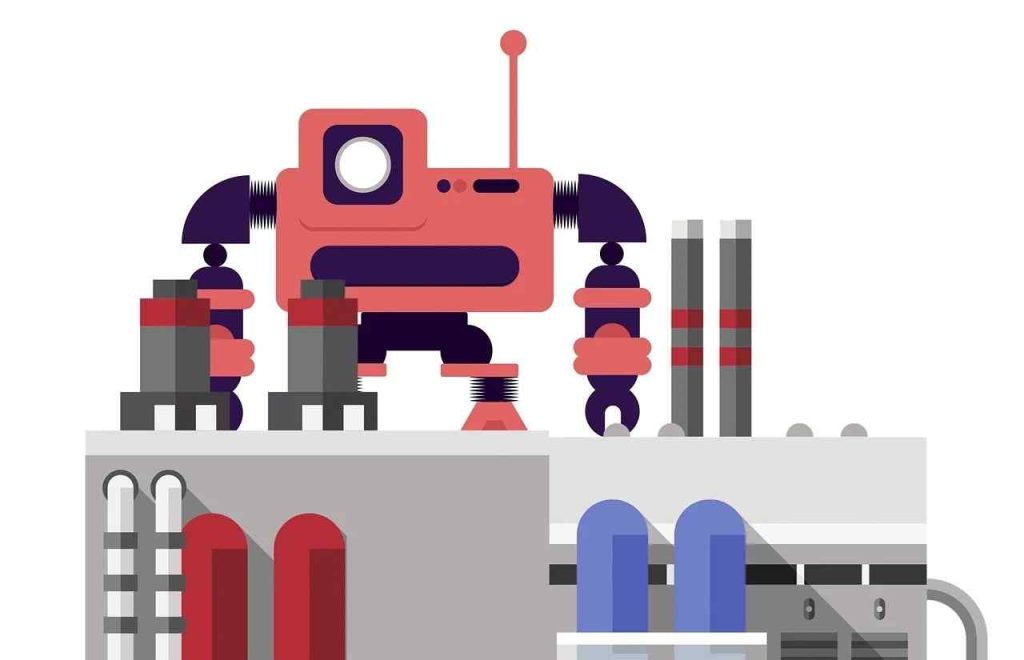Over the past two decades, technology has evolved at an unimaginable pace.
From squeezing communication systems into portable cell phones to enabling billions of people to connect through the internet, we have come a long way. And as this innovation never stops, automation seems to be the next big thing.
Companies have already started automating some of their marketing efforts. Similarly, businesses are using various automation tools to make different functions easier and eliminate the need for constant attention to repetitive tasks.
One technology that can help significantly transform the way your company functions is RPA.
In this blog, we briefly discuss RPA and how it can benefit your company.
Table of Contents
What is RPA?
RPA, a.k.a Robotic Process Automation, is a software technology that enables companies to build, deploy and manage robots that can perform several repetitive tasks.
Over the past decade, RPA has grown rapidly as a technology and tool for making business processes easier for companies. Companies across the globe have been working to simplify processes with RPA software.
If you are on the fence, waiting to understand what RPA is, here’s a list of benefits that your company can reap by implementing RPA.
Benefits of Using RPA
1. Cost-effective solutions
Several studies have suggested that RPA software can cut operational costs by 25-50%.
The primary reason is that robots don’t need rest and can work 24X7. For this reason, some companies implement suitable RPA solutions, allowing them to take over some extra work from their employees and allowing them to focus on other important tasks.
2. Accuracy
RPA robots are not prone to making mistakes. They are developed with a set program, and under specific circumstances and work cases, they’ll only perform as programmed.
As a result, the scope of error diminishes, and accuracy maximizes. This also makes scaling easier for businesses, as errors may often hinder growth.
3. Increased employee productivity
As employees don’t have to spend hours taking care of repetitive robotic tasks, their morale at work remains high. Also, the chances of boredom are low, and hence, employee productivity is high.
RPA can help your staff focus their energy and efforts on tasks that require a human touch and regular attention.
4. Self-learning
Like humans, most RPA programs can be trained to learn from their experiences.
For example, if you wish to make some changes to an RPA-delivered task, the software will tend to observe the new changes and train itself to use this information as and when required in the future.
As a result, engineers may not always have to feed everything to get a job done with an RPA tool.
5. RPA is versatile
Wondering whether RPA can be useful in your industry? Whether you run a logistics business or a software development company, when programmed and instructed correctly, RPA software can take care of various business functions regardless of the industry.
To understand the technology better, you can consult a professional RPA company. They’ll help you simplify processes with RPA software.
Wrapping up
RPA is a useful tool for making business processes easier for many companies. From taking care of repetitive tasks to maintaining accuracy in development, testing and various other functions, Robotic Process Automation can play a vital role. However, the results it creates will largely depend on how we implement it.
In this blog, we talked about RPA in brief, discussing what RPA is, along with how it can benefit your business.
Hopefully, you found this blog helpful. For more information, stay tuned or write to us in the comments section.

